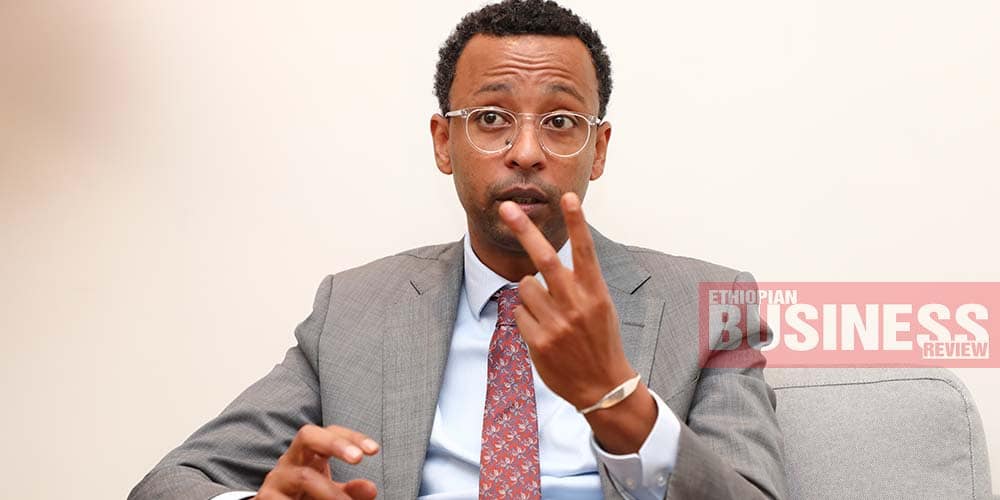
The Ministry of Finance has introduced sweeping reforms to procurement practices across Ethiopia’s federal state-owned enterprises (SOEs), making the use of technical committees compulsory for all high-value or technically complex contracts.
The directive, which came into effect on July 22, 2025, establishes a standardized framework to replace previously discretionary evaluation practices. It aims to close gaps in procurement oversight and streamline procedures across infrastructure, consulting, industrial goods, and service-related projects.
Under Article 10 of the directive, every SOE must now form a technical committee to assess the quality, feasibility, and compliance of bids before any endorsement or approval is granted.
Each committee, appointed by the head of the enterprise, must include at least three members, though additional members can be added based on the value and complexity of the procurement.
Previously, SOE boards of directors wielded broad discretion over procurement, approving tenders and amendments without uniform oversight.
Directive 1070/2025 removes most operational control from boards, limiting their role to reviewing capital procurement budget execution reports and ensuring recommendations from internal or board audit units are implemented.
The legislation also strengthens transparency requirements. Article 16 mandates that enterprises publicly disclose bid notices, evaluation results, and contract awards via official websites or electronic platforms within five business days of contract signing, except where security concerns apply.
SOEs must adopt electronic procurement systems and maintain accessible archives of all procurement documents.
To prevent conflicts of interest, the directive bans procurement officers with personal connections to bidders from committee roles and prohibits former employees from bidding on contracts with their previous institutions.
Any credible conflict-of-interest claim must trigger an immediate internal review, with those implicated required to provide written explanations.
The directive further enforces lifetime cost analysis, environmental standards, and social impact considerations in tender evaluations, while narrowing conditions for direct or emergency procurements.
It permits repeat purchases from previous suppliers only under strict conditions, ensuring pricing and scope remain consistent.
Unanticipated construction works can now be added to contracts but are capped at 40 percent of the original value and must either fit the initial scope or offer improved economic outcomes when integrated with the main project.
These reforms, overseen by the Public Procurement and Property Administration Authority (PPPA), mark a decisive shift toward greater transparency, accountability, and uniformity in Ethiopia’s public procurement landscape.



